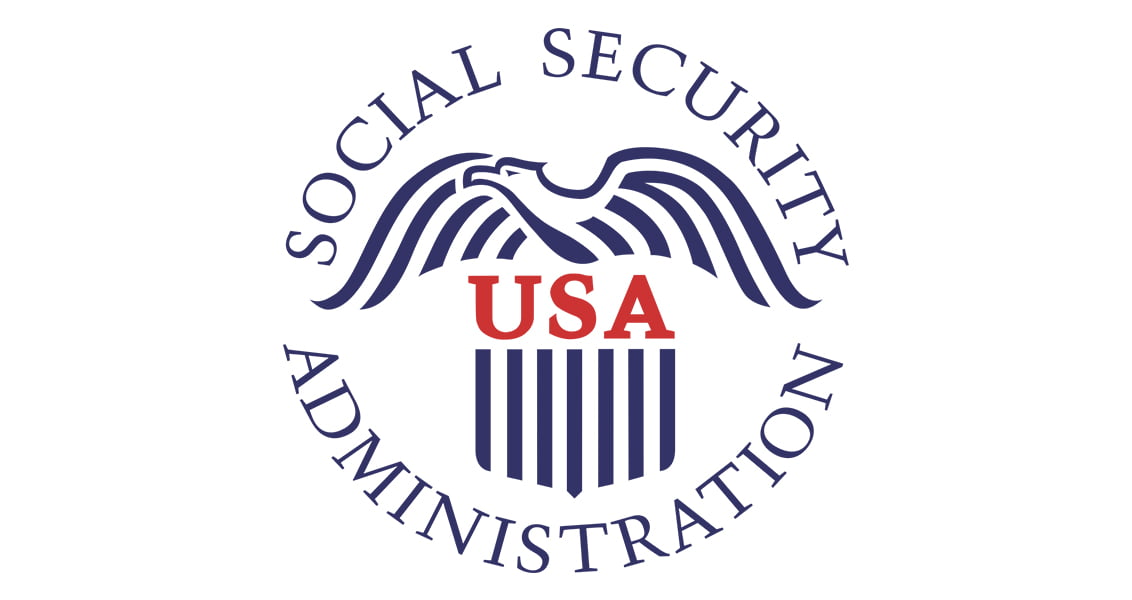
How Will Employer Health Insurance Affect Wages and Social Security Finances?
Anqi Chen and Alicia H. Munnell, Boston College
SSA has an interest in the cost of employer-sponsored health insurance (ESHI) since it impacts both individual wage growth and Social Security finances. ESHI contributions as a share of total compensation have stabilized since the Affordable Care Act (ACA), slowing the downward pressure on wages and the decline in labor compensation subject to the Social Security payroll tax. The reduction in ESHI costs after the ACA increased the trust fund’s 75-year actuarial balance by 0.25 percent of taxable payroll between 2010 and 2019. However, in 2019, Congress repealed a key provision – the individual mandate – in the ACA, and, in response, the Trustees projected that ESHI premiums will grow faster going forward then they have in recent years. This change decreased the 75-year actuarial balance by 0.13 percent of taxable payroll, roughly half of the gain since the ACA. But recent data show that the ratio of ESHI contributions to total compensation has not increased as expected.
This project will combine data on health insurance coverage and cost from several sources – the Medical Expenditure Panel Survey, National Health Expenditure dataset, and Bureau of Labor Statistics – with estimates of the effect of COVID-19 on coverage, healthcare utilization, and prices. With this information, the project will determine future trends in ESHI contributions relative to total compensation and the share and distribution of compensation subject to the Social Security payroll tax by income quintile.







